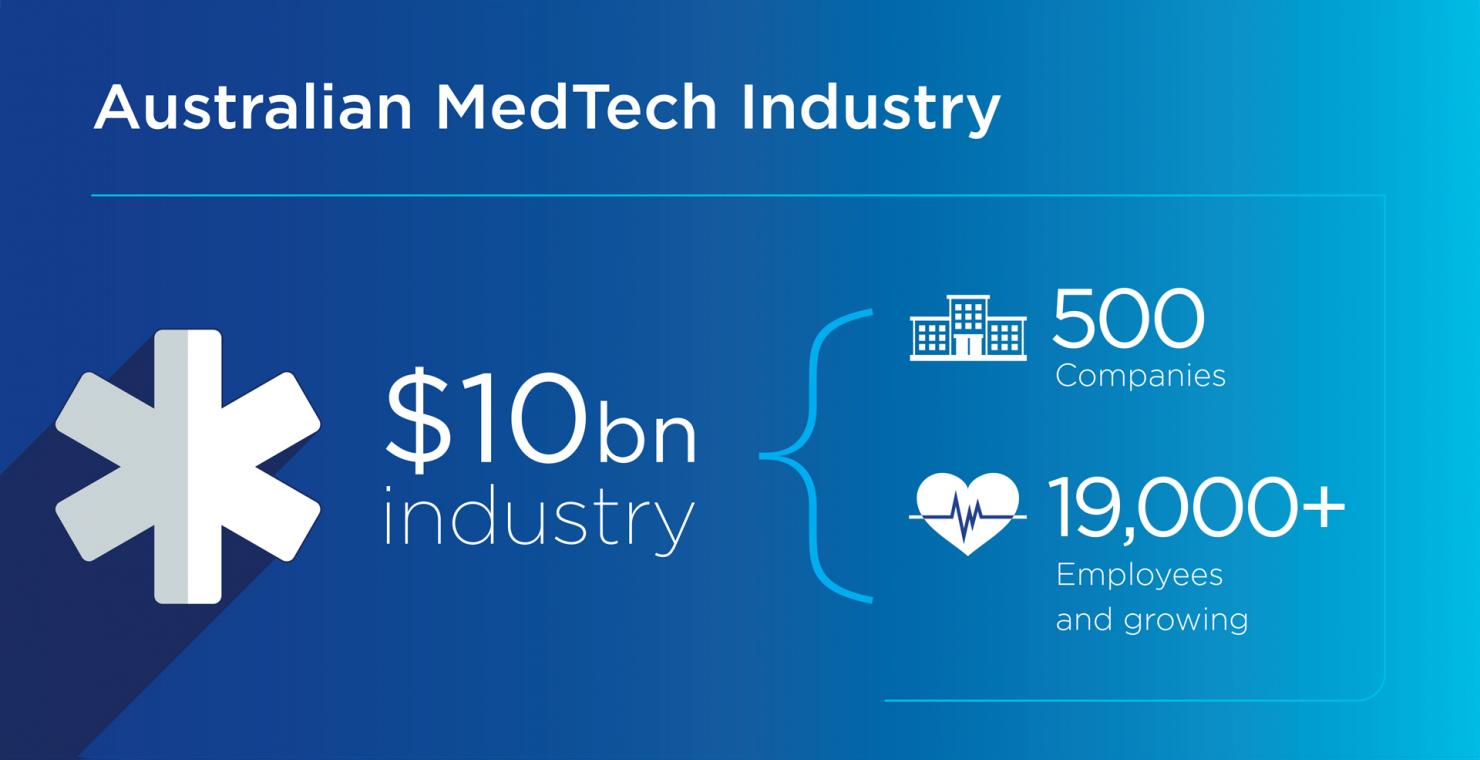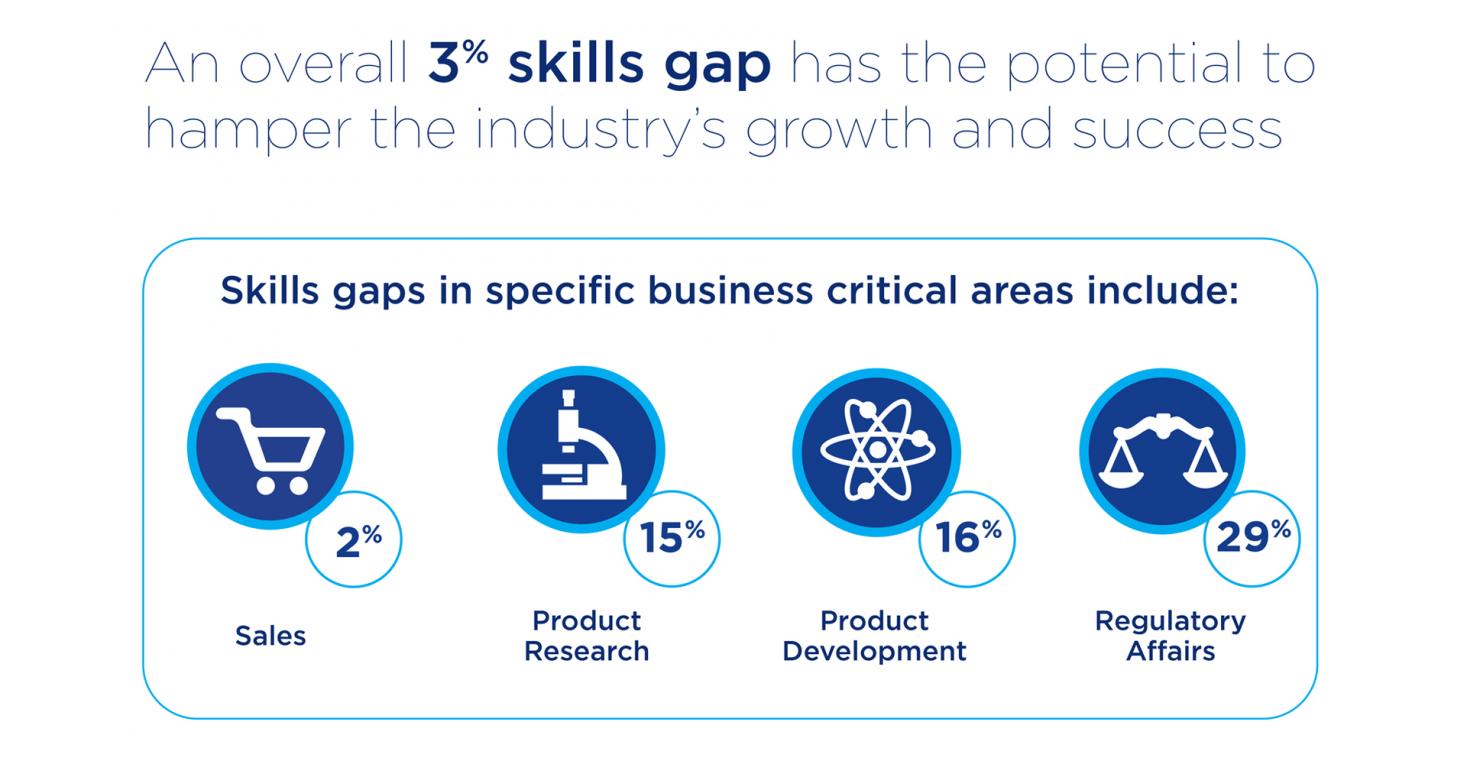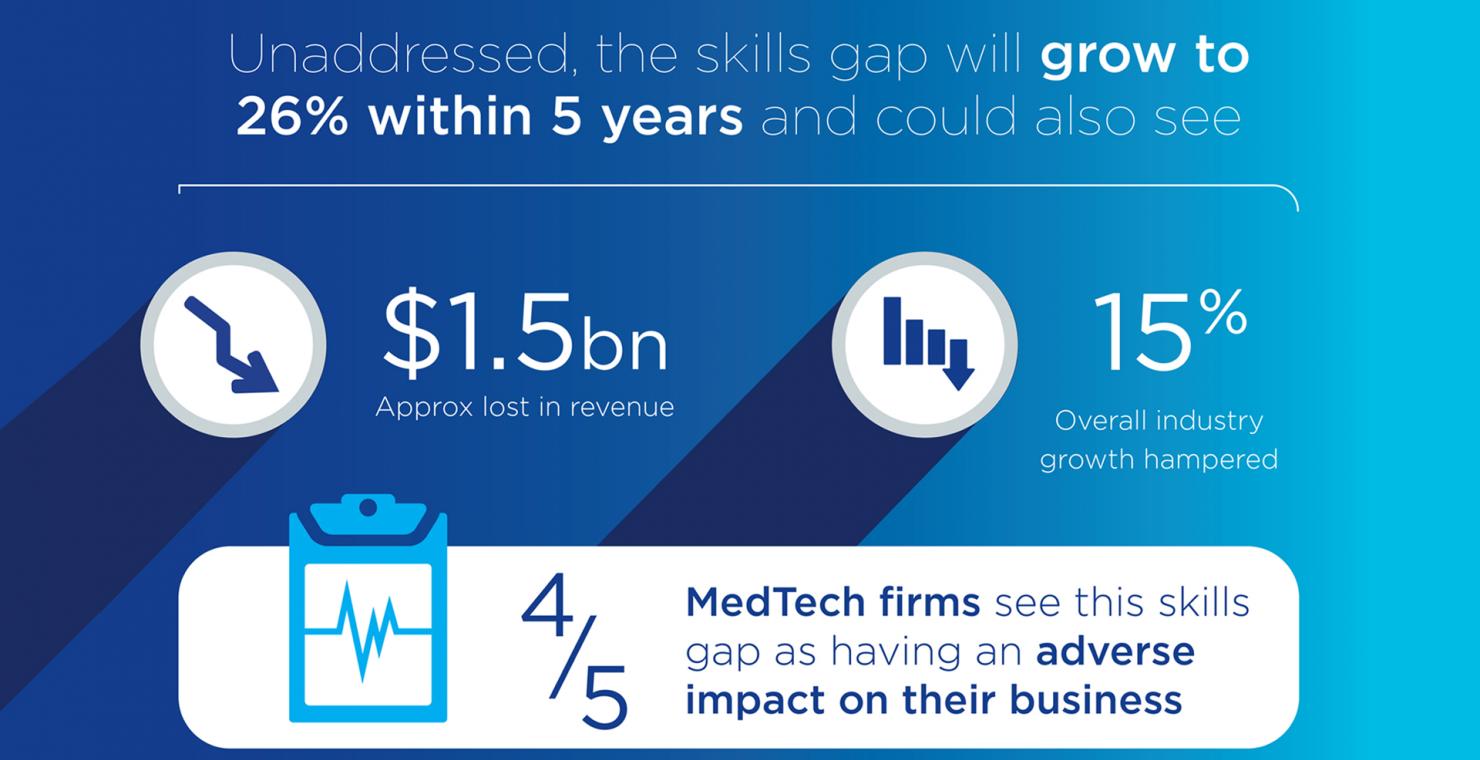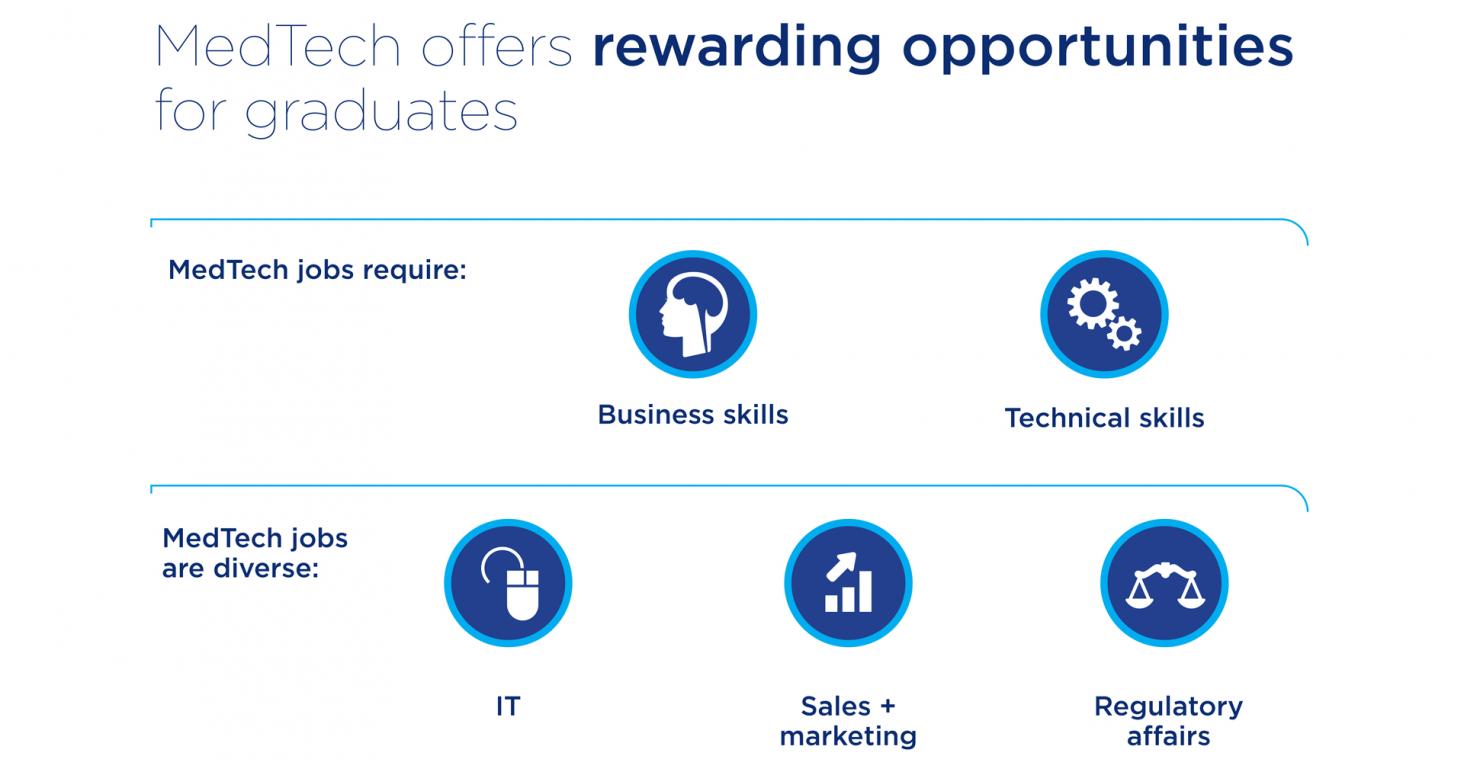MTAA/ACU Education Roundtable White Paper
- 21 Jun 2017
- Position papers




The Medical Technology (MedTech) industry makes a significant social and economic contribution in Australia, improving healthcare outcomes and generating innovation and growth. There are over 500 MedTech companies in Australia, with a combined annual turnover of more than $10 billion and employing more than 19,000 workers in total.
MedTech is a growing industry in Australia, and thereare a number of broader trends that will drive future growth across the sector. The ageing Australian population and the earlier onset of chronic disease due to lifestyle choices are expected to increase domestic demand for healthcare in the future. In addition, as the large populations in countries across the Asia-Pacific region become wealthier, older and demand more healthcare, export opportunities for Australian MedTech companies are expected to increase. At the same time, rapid and disruptive technological advancements are driving changes to existing MedTech products, systems and delivery of care. These changes are also facilitating increased innovation and new product development in both existing and new non-traditional health industries.
The nature of the MedTech industry means that the workforce is required to be highly skilled, educated and flexible. Using a three-pronged approach including an industry survey, one-on-one consultations and workshops across Australia, this study found that there is a gap between the levels of current employment and desired employment in the industry. The overall skills gap is around 3% of current employment, approximately representing an additional 660 workers on top of a workforce of more than 19,000 employees. While this is not particularly large, the impact across the MedTech industry is significant – 84% believe that skills gaps have adversely impacted their organisation, with 40% reporting that the impact has become more negative over the past five years.
A key reason for the large share of companies reporting these adverse effects is that the relatively modest industry-wide skills gap masks larger gaps within a number of business areas that are critical in the MedTech industry. In particular: